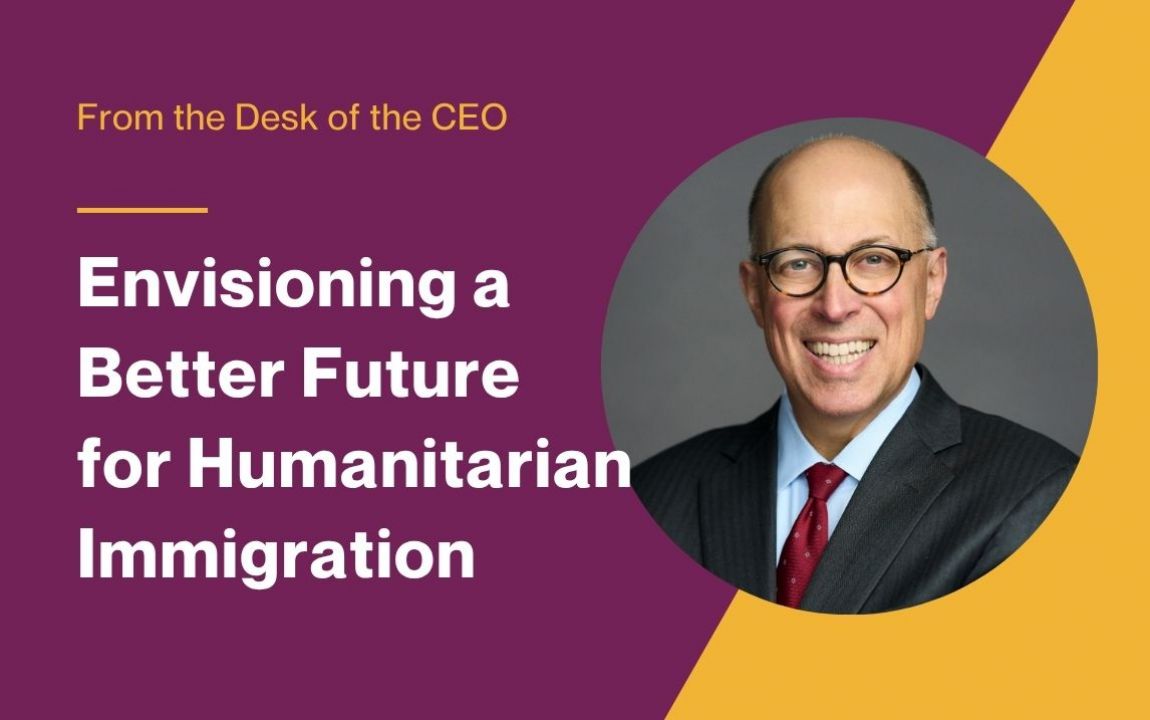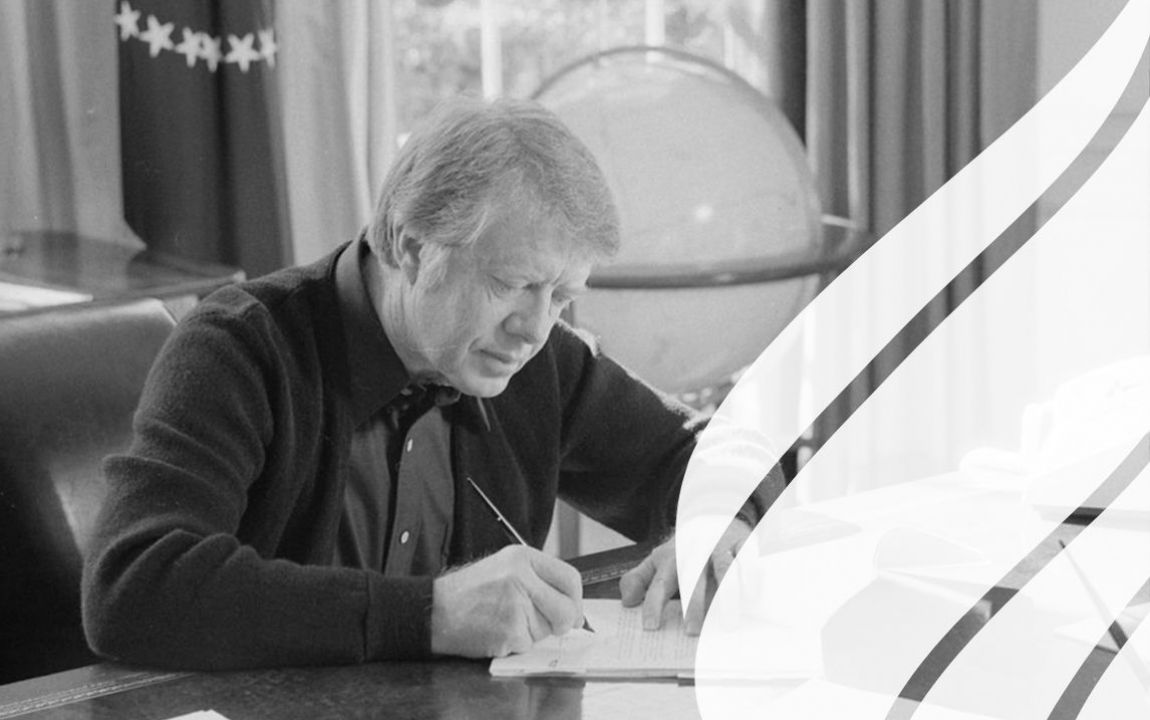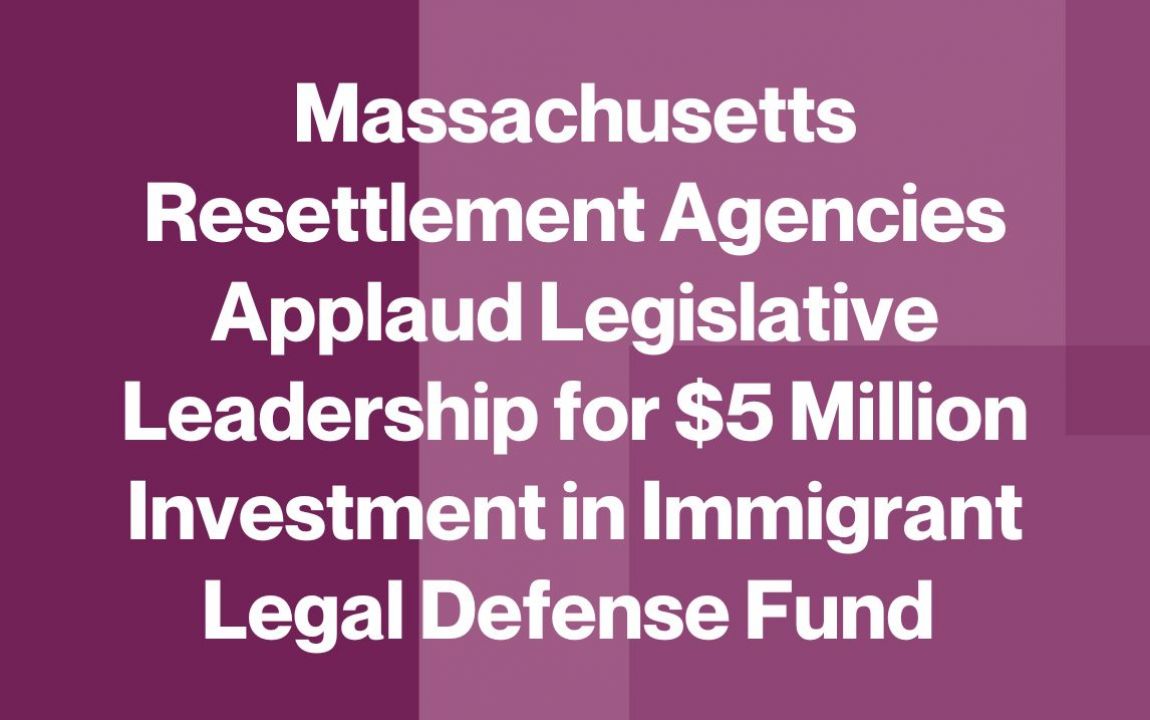Employee Profile: Meet Andrew Vontzalides, TVAP Case Specialist
Andrew joined IINE in 2023 after working with Venezuelan immigrants as a Fulbright ETA (English Teaching Assistant) in Colombia and past efforts with immigrant and refugee populations as a graduate student in Worcester, Massachusetts. As the TVAP (Trafficking Victim Assistance Program) Case Specialist at our Boston office, Andrew ensures our immigrant clients who have experienced trafficking receive the support and resources they need to rebuild their lives. In our latest employee profile, Andrew unpacks TVAP and common misconceptions about the program, shares what his day-to-day looks like at IINE, and offers advice for anyone interested in a similar role.
What brought you to the International Institute of New England?
When I first applied to IINE, I was not necessarily looking to work in human trafficking – it just happened to work out that a friend referred me at the same time that IINE was looking to hire a TVAP (Trafficking Victim Assistance Program) Case Specialist. However, I’m so glad it worked out. I’ve always really enjoyed working with people who come from more disadvantaged backgrounds, and I have especially enjoyed cross-cultural work, because for the longest time, I have been interested in language learning and getting to know how different people live. As the TVAP Case Specialist, I have a chance to help some of IINE’s neediest immigrant clients.
Tell us more about the work you do in TVAP.
TVAP is incredibly important. The program is essentially a safety net for people who are recently out of active trafficking but either have not received legal status yet—and therefore can’t work legally and won’t qualify for many public benefits—or have received legal status, but are still working to get back on their feet. TVAP works to fill in the gaps – from providing financial assistance to helping clients connect with medical care and ensuring they have food. It’s about providing help at a crucial moment when many of the clients have no one else to turn to for assistance so that they can regain their footing and move towards self-sufficiency.
What do people tend to misunderstand about TVAP?
I think there are three main misconceptions. First, people misunderstand what trafficking is – it’s not just the movement of people. That’s smuggling—the movement of people across borders. In contrast, trafficking involves an action, means, and purpose. So for example, using a person’s disadvantage or lack of legal status against them to force them into providing labor services or sexual services against their will. That coercion is a defining aspect of human trafficking.
Second, while sex trafficking is more widely known and featured in the media, in reality, labor trafficking is much more common. Somewhere around 80-90% of trafficking victims in the U.S. have experienced labor trafficking.
Lastly, I think a lot of people don’t even know that TVAP exists! There are a lot of people who are eligible for support through TVAP but aren’t receiving services because they’re not aware it’s an option. So, we are always working on enrolling more clients.
What does your day-to-day look like?
Like everyone here at IINE, my day-to-day varies quite a lot. Some days, I’m in the office, working with clients to get them signed up for certain benefits/programs – this often includes navigating complicated bureaucratic processes. On other days, I visit my clients at their homes and help them in any way I can. It might be distributing winter clothing donations—so many of our clients don’t have warm coats or scarves, etc.—or just checking in to see what they need.
I often have to be an advocate for my clients. As someone who has lived in a country where the official language is not my native language, I know how difficult it can be to advocate for yourself – especially when dealing with complex policies. So I do my best to ensure they receive the help they need and deserve.

What advice would you share with someone who is interested in this work?
I think you have to have a love for people in general to do this work. You have to view the people you help as peers, who have their own lives and stories just like you, but who were born into different circumstances. It’s still a professional relationship that you form with your clients, but I think seeing them as peers is key to being able to help them with respect and compassion.
How do you enjoy spending your time outside of the office?
I really love nature and the arts! I have been involved in theatrical productions and choruses since I was nine years old. I find acting and singing to be a really cathartic relief from the daily stresses of life, especially when you are able to capture an audience‘s emotions by bringing them into the story you’re telling. I also really love nature and running. I participated in varsity cross country in college and while I don’t miss racing, I still enjoy going on slow long runs in nature.
Interested in joining our team? Our collaborative, team-oriented environment offers opportunities to serve refugees and immigrants, while learning from other staff and departments. View career opportunities here.
Related Articles

From the Desk of the CEO: Envisioning a Better Future for Humanitarian Immigration

5 Things to Know About the Refugee Act of 1980
